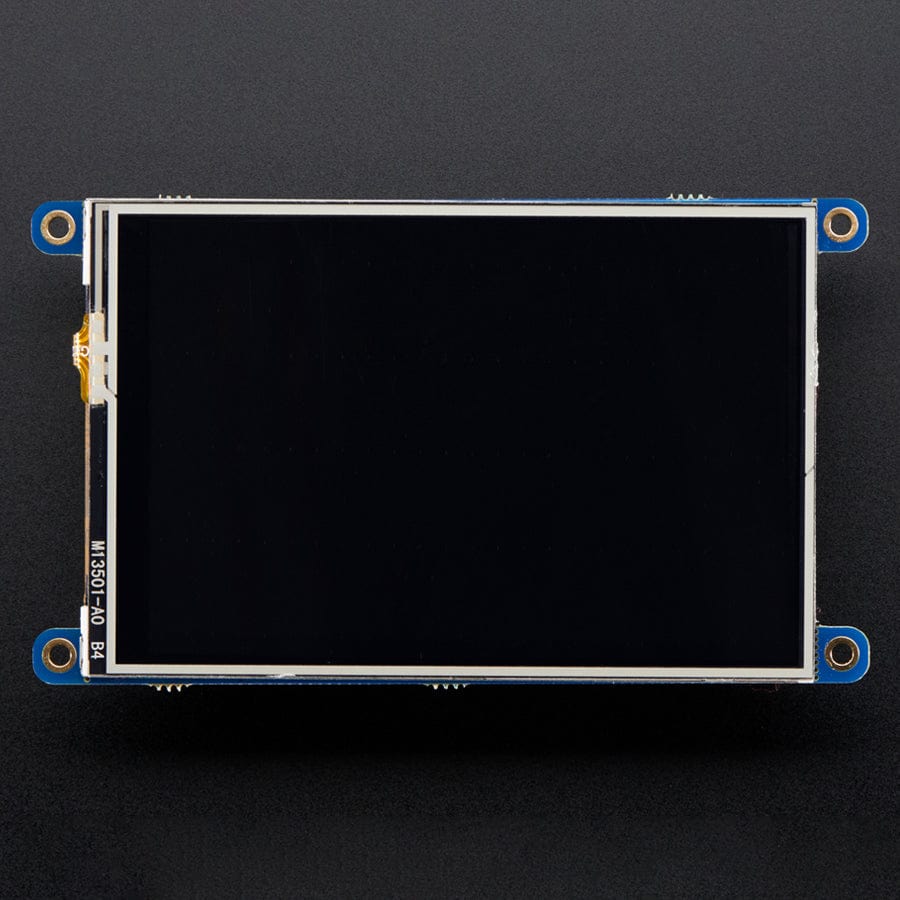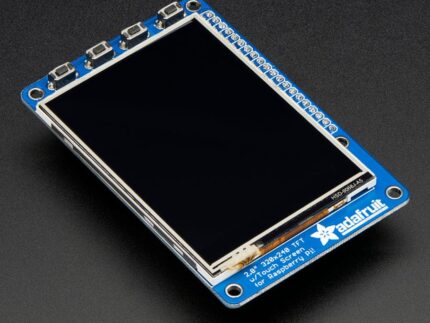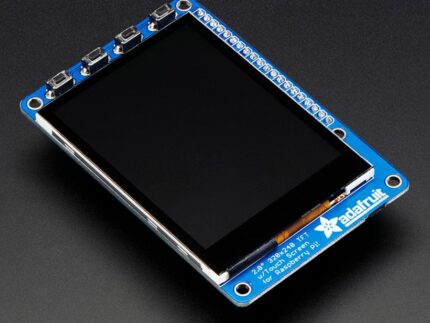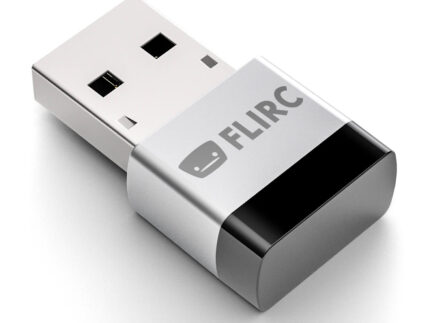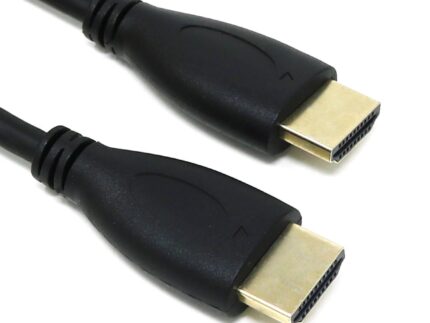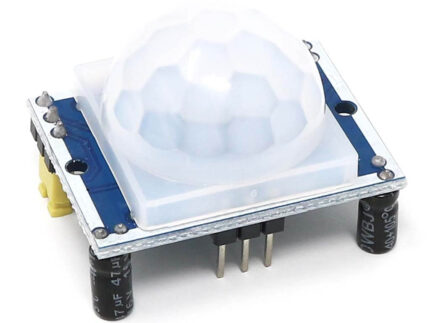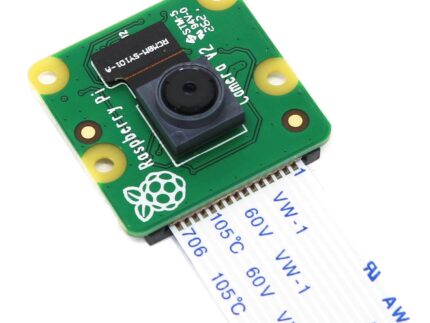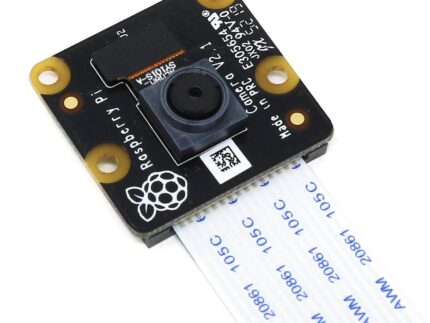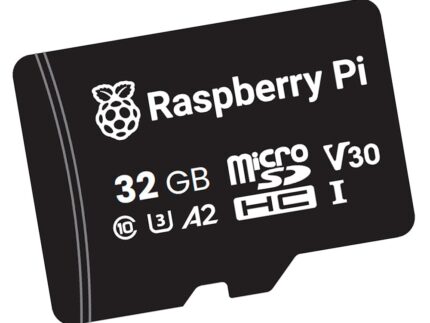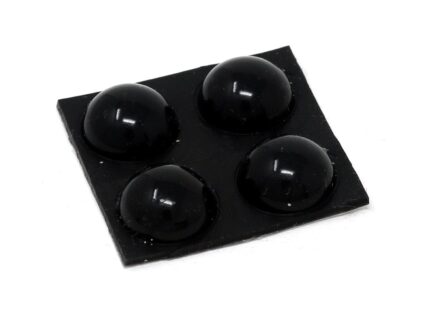PiTFT Plus 480 x 320 3.5″ TFT+Touchscreen for Raspberry Pi
Is this not the cutest, little display for the Raspberry Pi? It features a 3.5″ display with 480 x 320 16-bit colour pixels and a resistive touch overlay just like our popular original, but this one is engineered specifically to work with the newer “2×20 connector” Raspberry Pis. The plate uses the high-speed SPI interface on the Pi and can use the mini display as a console, X window port, displaying images or video etc. Best of all it plugs right in on top!
This PiTFT 3.5″ is designed to fit nicely onto the Raspberry Pi Zero, Pi5, Pi 4, Pi 3, Pi 2 or Model A+ / B+ (any Pi with a 2×20 connector). Not for use with an old Pi 1 with a 2 x 13 connector. If you’d like to use a 3.5″ display with the original Pi A or Pi B, check out this version
The display uses the hardware SPI pins (SCK, MOSI, MISO, CE0, CE1) as well as GPIO #25 and #24. GPIO #18 can be used to PWM dim the backlight if you like. All other GPIO are unused. There’s a 2 x 13 ‘classic Pi’ connection GPIO header on the bottom, you can connect a 26-pin Pi GPIO cable to it to use any of the other pins as you like. The other GPIO are broken out into solder pads at the bottom, in case you want to use more of the GPIO.
Best of all, it comes fully assembled and ready to plug into your Pi! You can use this as a display for running the X interface, or pygame. You can also have an HDMI display separately connected. Four mounting ears can be used to attach the display & Pi to a bezel or snap them off with pliers (they’re perforated) for a slick exactly the same-size-as-a-Pi look.
We’ve created a custom kernel package based on Notro’s awesome framebuffer work, so you can install it over your existing Raspbian (or derivative) images in just a few commands. Our tutorial shows you how to install the software, as well as calibrate the touchscreen, display images such as from your PiCam and more!
Specifications
- Display current draw is mostly based on the backlight, with full-on backlight the current draw is ~100mA
Resources
- Tutorial
